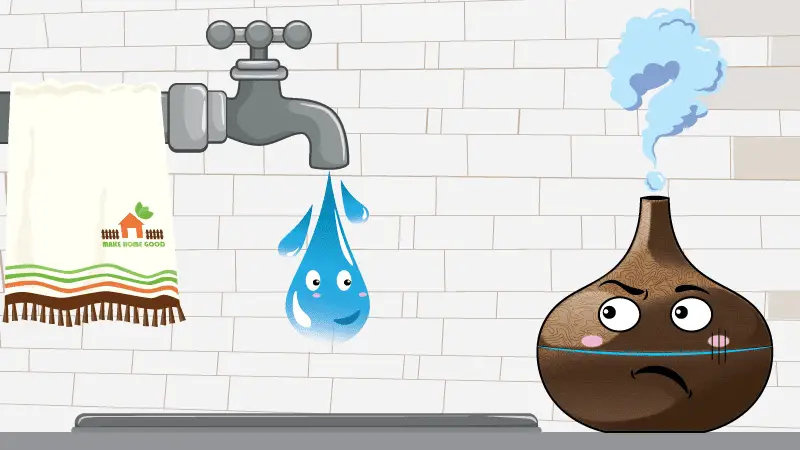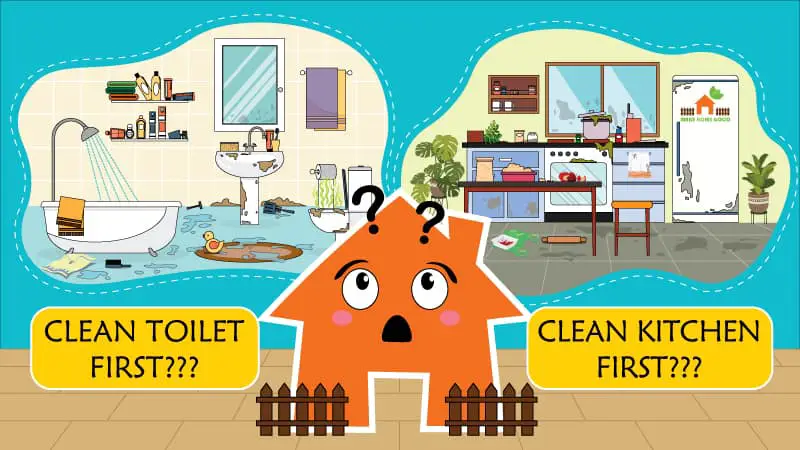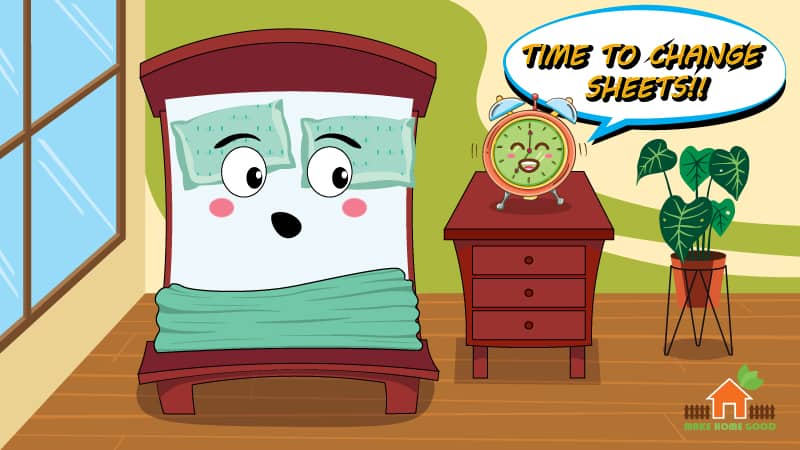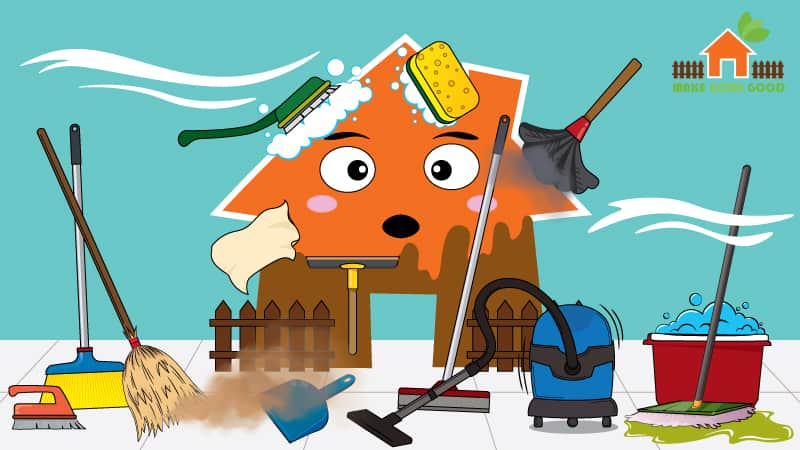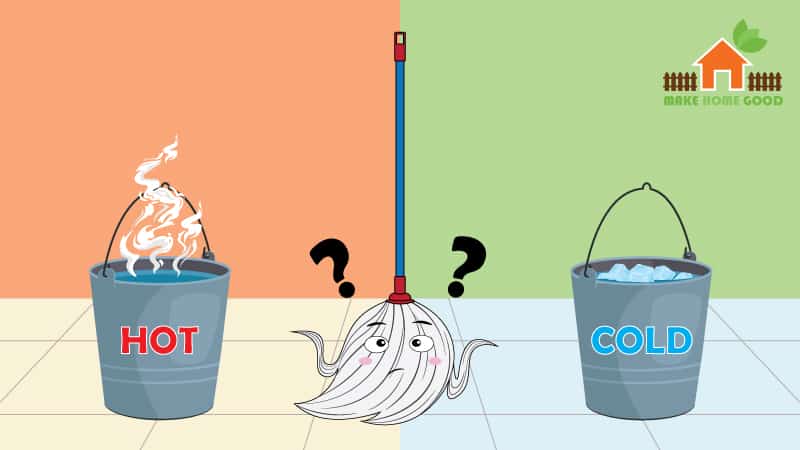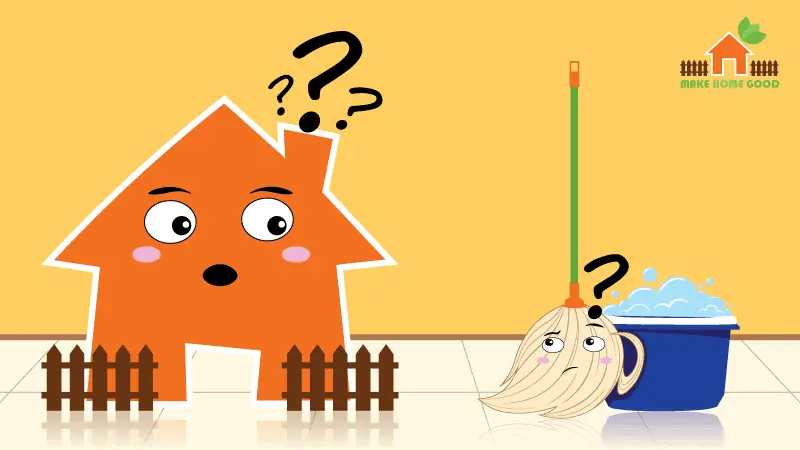Many people worry if they can use their diffuser with tap water. Yes, you may use tap water in your diffuser, without a doubt. However, some essential oils and diffusers require specific types of water.
Those who have only recently bought a diffuser may be unsure about the type of water to use.
Though it may appear insignificant at first, getting this right is essential for a diffuser’s maintenance and longevity.
This is important to avoid sediment settlement in a diffuser, and it is generally preferable to use filtered or distilled water rather than tap water.
Some models of diffusers, on the other hand, will have different needs!
To avoid sediment settlement, it is generally preferable to use filtered or distilled water in a diffuser rather than tap water. Some diffuser models, however, can be used to dilute the oil with tap water if they are capable of doing so.
I’ve answered this question on the usefulness of tap water for your diffuser in-depth in this article. I’ve also included additional scenarios with examples to help you get a better understanding of the topic.
Table of contents
2 Reasons Why You Shouldn’t Use Tap Water With Your Diffuser
In most cases, the instructions or guidelines that come with diffusers state that filtered or distilled water should be used instead of tap water.
It’s because they can’t function properly if the water isn’t filtered.
As a result, their performance decreases.
The following are some of the 2 main reasons why you shouldn’t use tap water in certain diffusers.
- Clogging of filter
- Accumulation of Salts and Additives on Diffuser walls

1. Clogging of filter
Filters or ultrasonic plates are used in diffusers, and they are an important part of these products.
Their purpose, as the name implies, is to filter out various pollutants from the water and prevent them from mixing with essential or vegetable oils.
What else do you need to know?
Though tap water does not contain many unwanted materials and debris, it is still characterized as hard water.
Minerals and salts, particularly calcium, sodium, and potassium molecules, are abundant in this liquid and easily pass through the mesh structure.
- These minerals develop deposits and a thick coating on the filter’s surface over time.
- This build-up eventually has a negative impact on the unit’s performance because an important component isn’t performing properly.
- People should buy filtered water or remove the salts from tap water after boiling it before using it in their electric or non-electric diffusers.
- It enables them to fully absorb the oil and water and get the required outcomes in a nice mist.
If you must use tap water for some reason, such as a lack of distilled water at the time, thoroughly clean the item’s body and mesh to ensure that residues do not remain.
2. Accumulation of Salts and Additives on Diffuser walls
Mineral salts, micro-sized contaminants, and chemicals used in water treatment facilities, such as chlorine compounds, are all present in unfiltered water.
If you continue to use your diffuser despite its inability to handle hard water, certain things will flow through the filter and into the diffuser tank.
These compounds will collect at the bottom and edges of the chamber that vaporizes the oils, obstructing the system’s optimal operation.
What else do you need to know?
When a diffuser heats the water-oil mixture, the minerals also enter this liquid.
- Therefore, these impurities will enter the surrounding area as they are also dispersed with the mist.
- They tend to settle on surfaces such as furniture, and it might not be suitable to breathe them for an extended period of time.
To avoid this from happening, I suggest preferring water that is free from these materials.
When Can You Use Tap Water With Your Diffuser?
Some types or brands of diffusers recommend adding tap water to their customers.
You might be wondering why they would give this suggestion as using this water has multiple disadvantages. It is due to two main reasons.
Minerals in unfiltered water help change water into a steam or vapor state in these diffusers.
Furthermore, the filters in these products can handle the impurities and other elements in water effectively.
So, you do not have to arrange for distilled water.
Greenair is one of the names that design and introduce quality diffusers.
Their products are built to work exceptionally well with the warm unfiltered water.
Another company, ZAQ, has released LiteMist diffusers and several other items. These aromatherapy products give you an option of adding either distilled water or tap water, contributing to versatility.
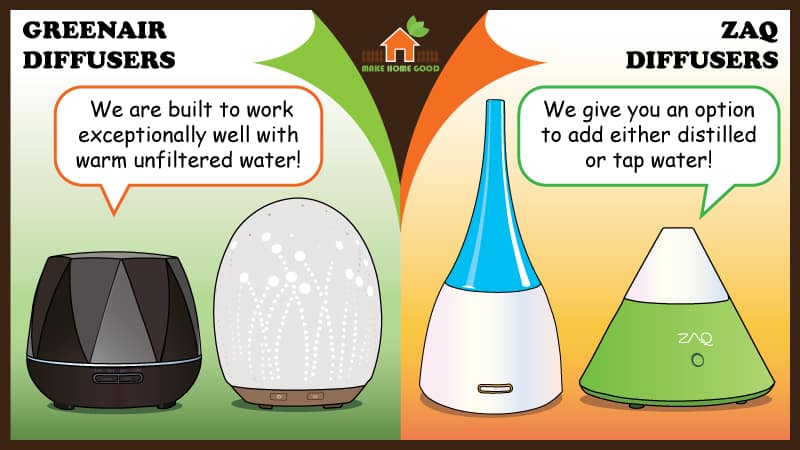
However, these diffusers tend to last longer and do not require early replacement if you choose distilled water often.
I recommend adding unfiltered water only if distilled water is not available.
If you have bottles of water that were previously filtered through the filtration assembly connected with the kitchen faucet, using this water is even much better than tap water.
It is because it contains less amount of unnecessary minerals and will do minimal potential damage in the long run.
Frequently Asked Questions About Diffusers
Can you mix essential oils with tap water?
Choosing between tap water and distilled water for mixing with essential oils depends on the diffuser specifications.
Generally, it is better to add distilled water.
One should only mix essential oils with tap water if a particular diffuser can also handle hard water.
How do you dilute essential oils with water for the diffuser?
If you use 10-11 drops of oil per ounce of distilled or filtered water in most diffusers, you’ll get amazing results.
Because some diffusers use more concentrated oils, you’ll need to use less oil in your water.
How much essential oil should I put in my diffuser?
For a 100 mL diffuser, adding three to five drops of water at a minimum is an excellent choice, to begin with.
If you are using more than one essential oil, the quantity of each oil will become less so that the total does not exceed the amount in 5 drops.
Wrapping Up
Before you start using a diffuser, it’s important to understand a few things that will help you get the most out of it for months to come.
The choice of water is one of these considerations.
I hope I was able to provide detailed information about the suitability of tap water for preparing a diffuser solution with essential oils.

